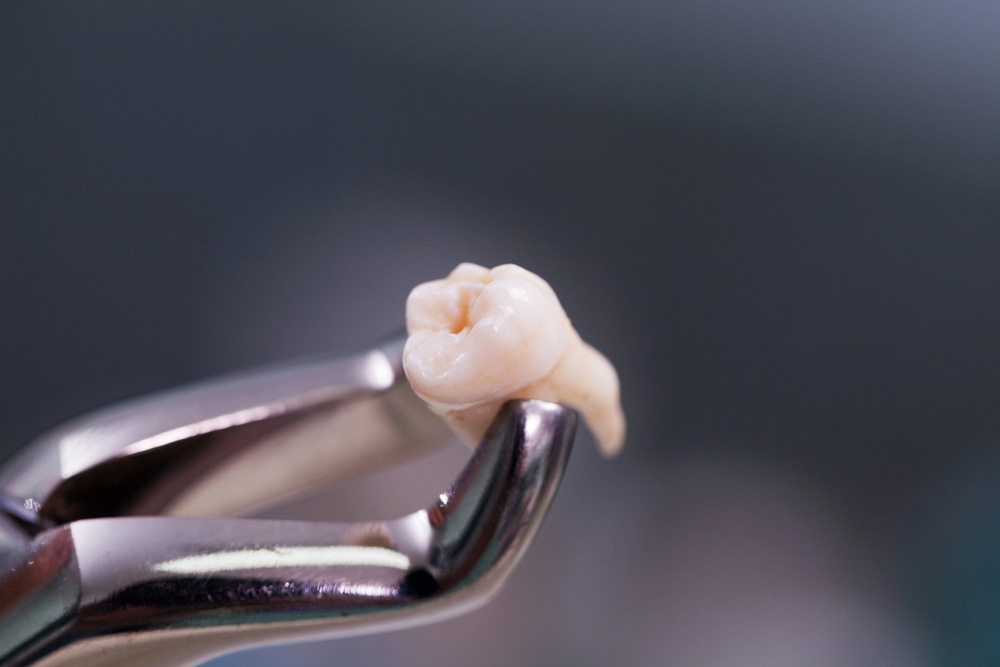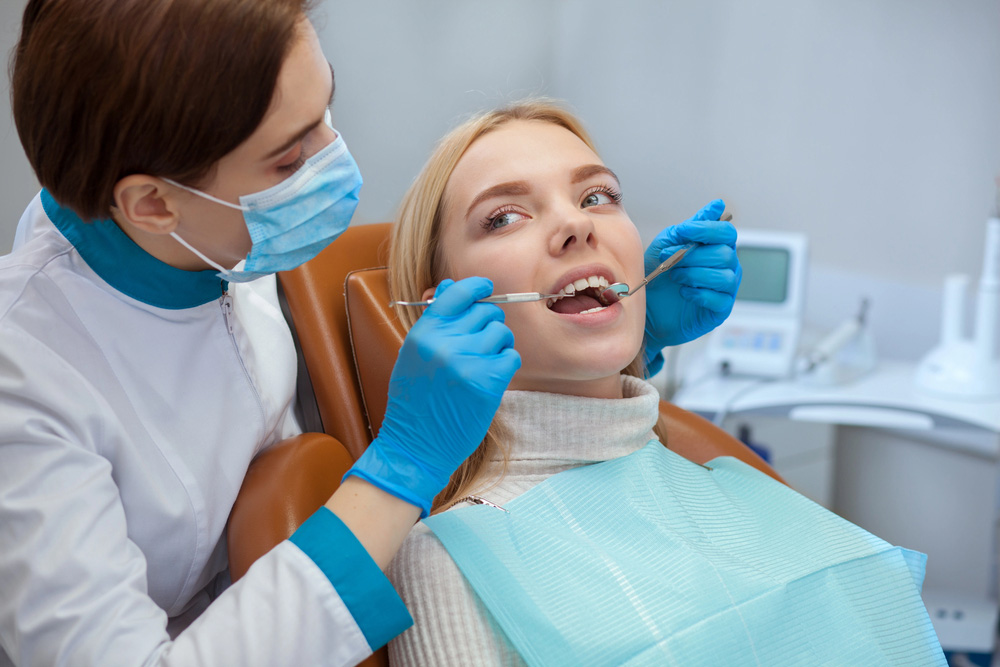
Why Do People Get Their Wisdom Teeth Removed?
Wisdom teeth are the last set of molars to develop in the mouth, usually emerging...

A sudden dental emergency can happen during daily routines, weekend activities, or even at night. In these moments, knowing what to do for dental emergency cases can reduce pain and help prevent long-term damage.
While some situations may not appear severe at first, a small delay could worsen the condition. Learning how to respond the right way, before professional help becomes available, can help save a tooth or stop an infection from spreading.
Dental emergencies involve injuries, infections, or conditions that affect the teeth, gums, or surrounding tissue and require prompt care. Severe tooth pain, swelling, bleeding, or a knocked-out tooth are all signs that something may be wrong.
What starts as a minor issue can develop into something more complex without timely care. That is why immediate action matters. Recognizing the early signs of a dental emergency gives you a better chance of saving a tooth, avoiding pain, and preventing further complications.
Some examples of common dental emergencies include:
You may also experience jaw pain, trauma from an accident, or injury during sports. Each of these needs a different kind of response but shares one thing in common: acting quickly matters.
A toothache may not always seem like an emergency. However, it is often the first sign that something serious is happening below the surface.
It can result from decay, infection, a cracked tooth, or a deep cavity. Some patients may only feel pressure or sensitivity, while others report throbbing or sharp pain.
You should not wait for the pain to go away. Rinse your mouth with warm water, gently floss to remove debris, and call your dentist. Ice packs can reduce swelling, and over-the-counter pain relievers may help temporarily. Nevertheless, do not apply aspirin directly to the gum, as it may irritate the tissue.
If a permanent tooth is knocked out, the chances of saving it are best within the first hour. First, find the tooth. Pick it up by the crown, not the root. Rinse it gently with clean water.
Try to place it back into the socket if possible and bite down softly on gauze to keep it in place. If not, store the tooth in milk or inside your cheek until you get to the dentist.
Do not scrub the tooth or use soap. A tooth in this condition is fragile and must be treated carefully. Seek professional help immediately to attempt reimplantation.
Chipped teeth often occur from biting hard foods, accidents, or falls. If the chip is minor and there is no pain, the situation might not require immediate attention. Nevertheless, it should be treated soon to avoid worsening.
If the break is severe or involves exposed nerves, rinse your mouth with warm water. Use a cold compress to reduce swelling. Try to save any tooth fragments and bring them to the dentist. Avoid chewing on that side of the mouth until you receive treatment.
Losing a filling or crown exposes the inner part of your tooth. This can cause sharp pain or discomfort, especially when exposed to hot, cold, or sweet foods.
Try to keep the crown if it comes off in one piece. Do not try to glue it back yourself. If needed, dental cement (available in pharmacies) may be used to cover the area temporarily. Contact your dental office for the next steps.
Dublin Unique Dentistry often assists patients with same-day solutions in these cases to reduce discomfort and help protect the remaining tooth structure.
A dental abscess is a serious condition. It often presents as a painful, swollen bump on the gum. The cause is usually an infection that has spread into the root or surrounding bone.
Symptoms may include:
You should never try to pop or drain an abscess at home. Instead, rinse with salt water and call your dentist. Abscesses can lead to severe complications if left untreated.
Cuts or tears inside the mouth should be rinsed gently with clean water. To manage bleeding, apply steady pressure using sterile gauze or a clean cloth. If bleeding continues beyond ten minutes or becomes heavy, seek immediate care at an emergency room.
Avoid applying antiseptics or hydrogen peroxide to open wounds inside the mouth unless specifically instructed by a healthcare provider. These substances may irritate the tissue or interfere with healing.
Following a blow to the mouth, even if there are no visible injuries, pay close attention to your teeth. Some fractures are not noticeable right away. Sensitivity to temperature changes or pressure while biting may develop several hours later.
Contact a dental office as soon as possible to evaluate any hidden damage. Leaving a minor fracture untreated may lead to complications such as infection or eventual tooth loss.
While emergencies are unpredictable, being prepared can help. Keep your dentist’s number saved in your phone. Have a small dental emergency kit at home with:
Athletes should use mouthguards during sports. Avoid chewing ice, hard candy, or pens, as these habits can cause teeth to crack or chip.
Dublin Unique Dentistry regularly speaks with patients about how to prepare for dental emergencies. Taking preventive steps and knowing how to respond when something goes wrong can make a meaningful difference.
Dental problems often happen outside of regular business hours. If your primary dentist is unavailable, consider visiting a local urgent care clinic that handles dental trauma.
Emergency rooms can help control bleeding or swelling. However, they may not have the tools to replace a crown or reinsert a tooth. When reaching out for help, describe the situation clearly. Sharing accurate details about the injury and your symptoms allows the care team to be ready when you arrive.
Until you get professional care, try these safe options to ease discomfort:
Understanding how your dental insurance handles emergencies can help you navigate urgent situations more confidently. Many plans offer partial coverage for services such as emergency exams, temporary crowns, extractions, or root canals.
Keep your insurance details accessible so they are ready when needed. After the immediate issue is addressed, it is important to follow up on long-term treatment options and complete any care that was started.
At our practice, we assist patients with understanding their coverage and help streamline paperwork so they can focus on healing.
Dublin Unique Dentistry provides prompt and compassionate care for a wide range of dental emergencies, from severe toothaches to accidental injuries. Our team uses advanced technology to evaluate damage, reduce discomfort, and begin treatment as quickly as possible.
If you are unsure how to respond to a dental emergency, we are here to offer guidance, support, and solutions to restore your comfort.